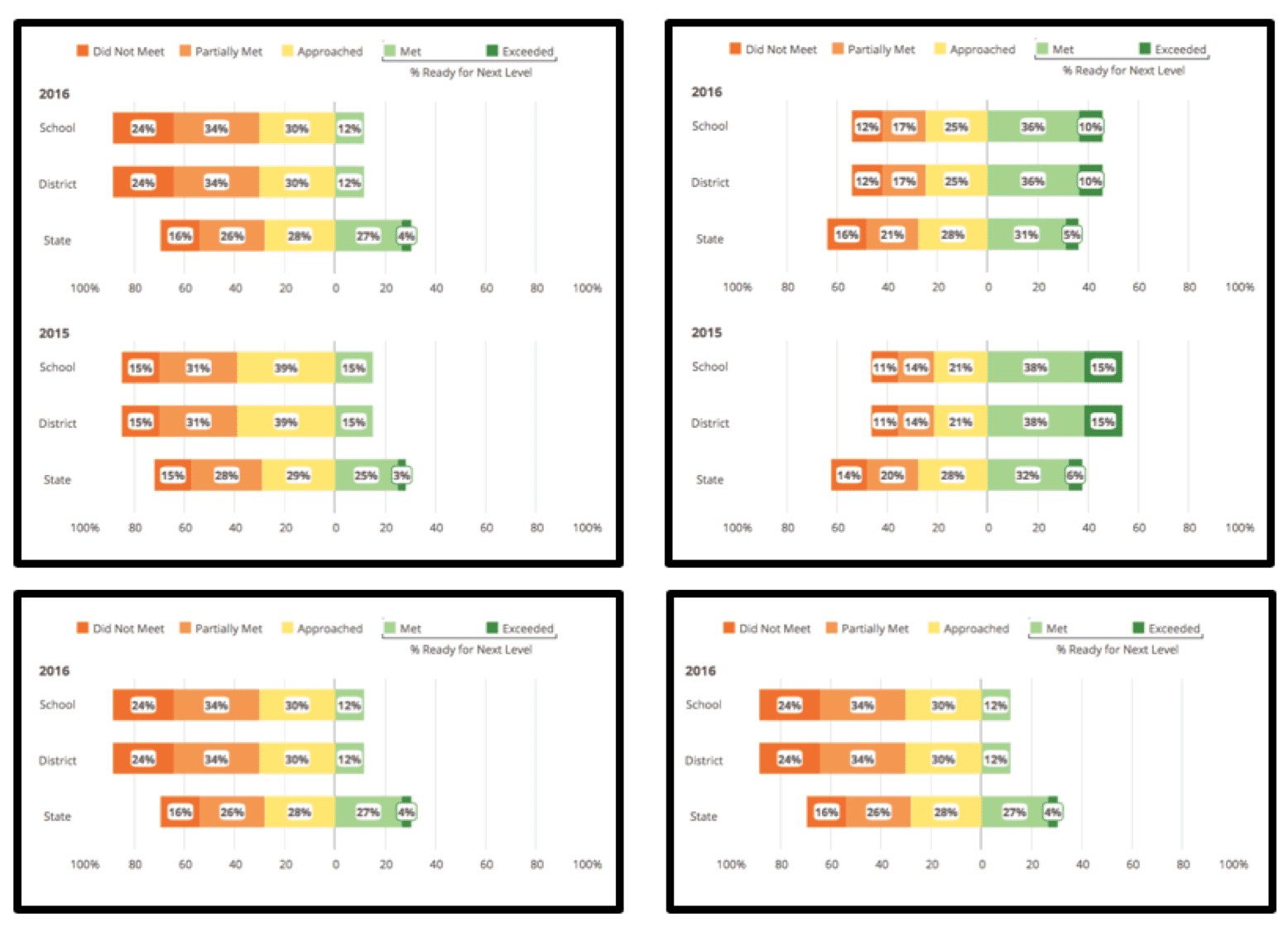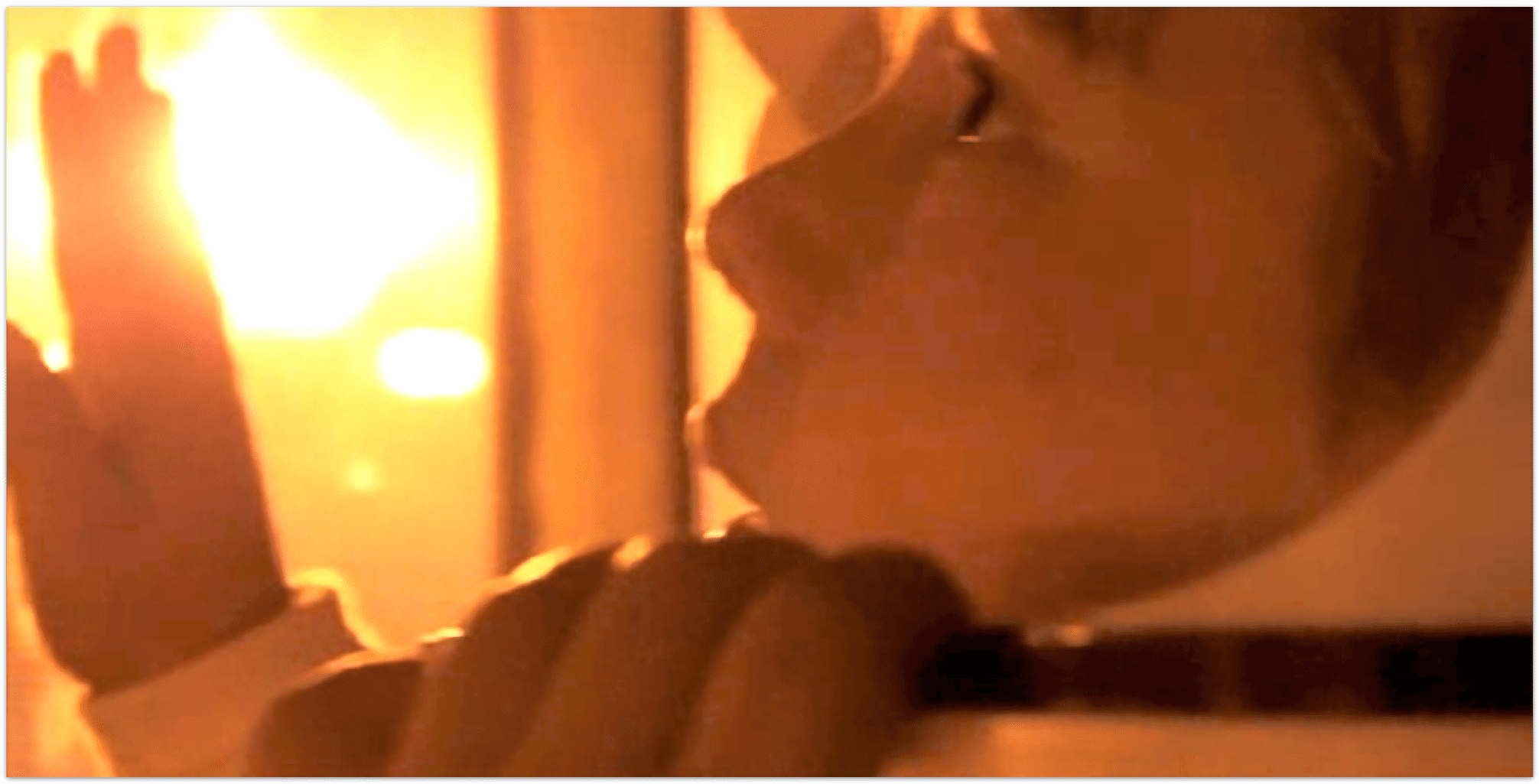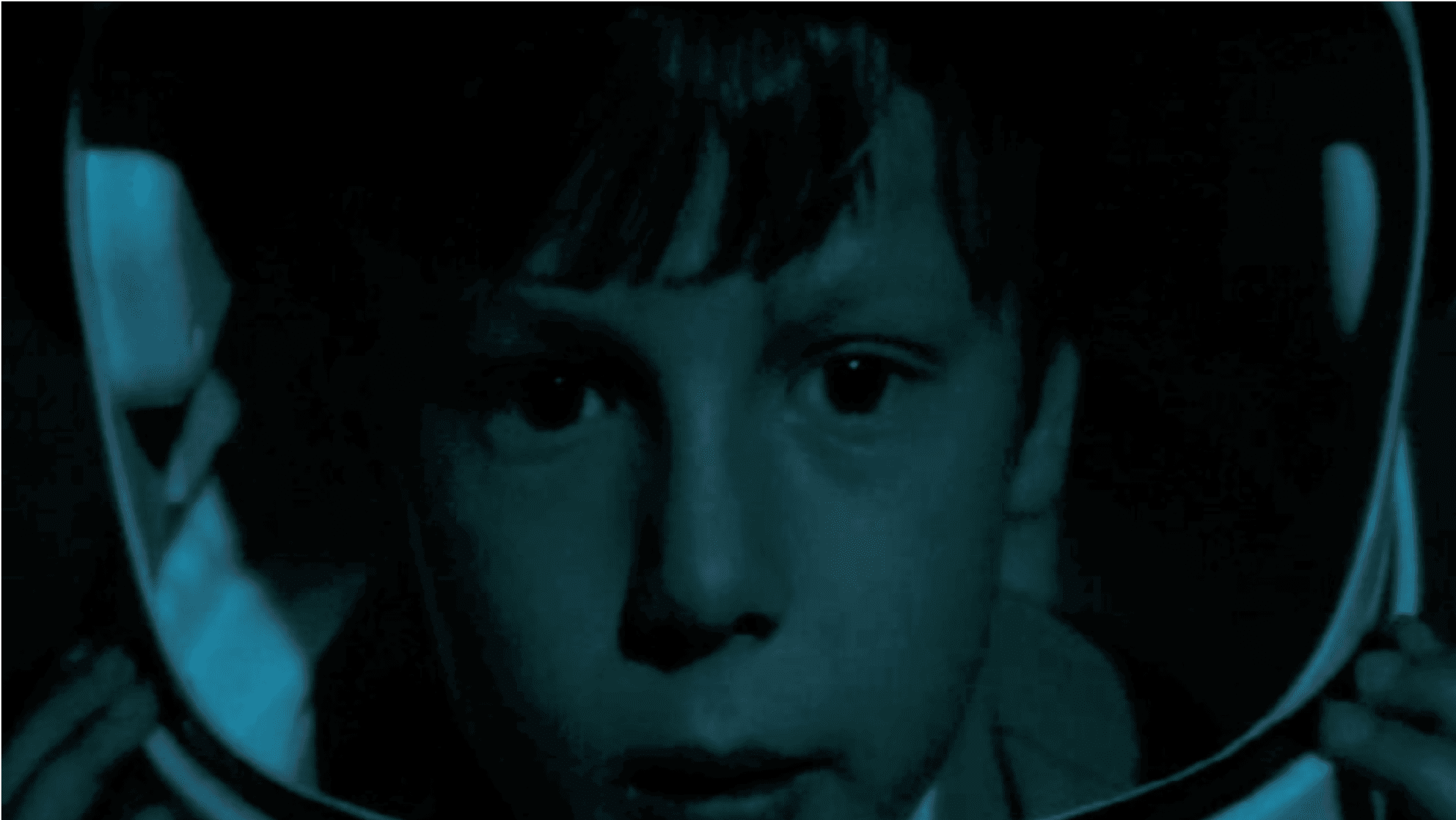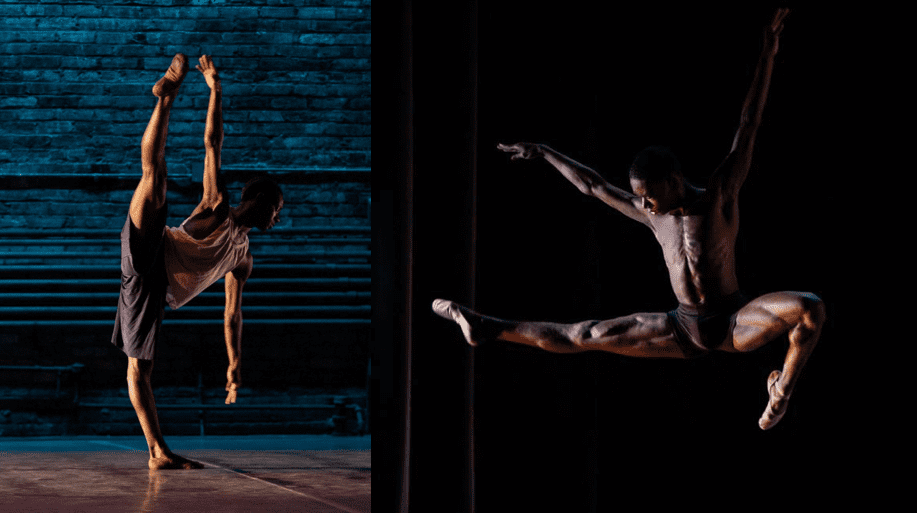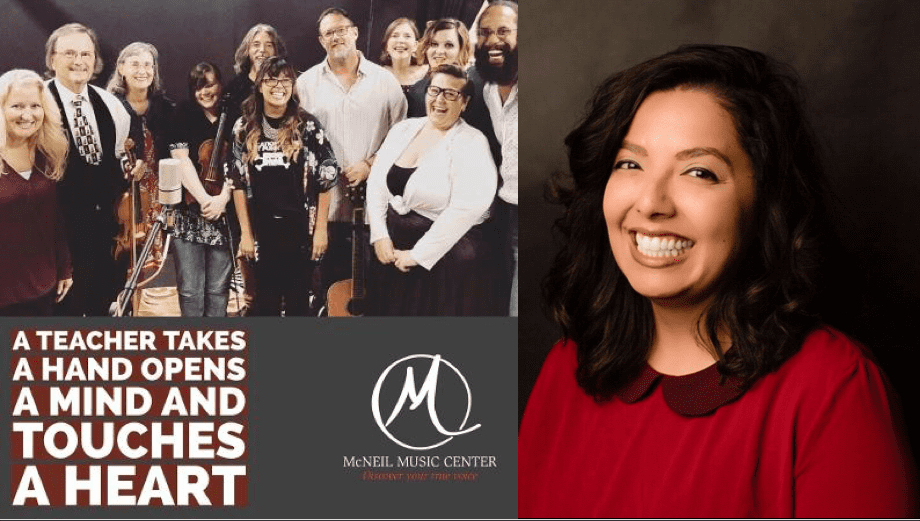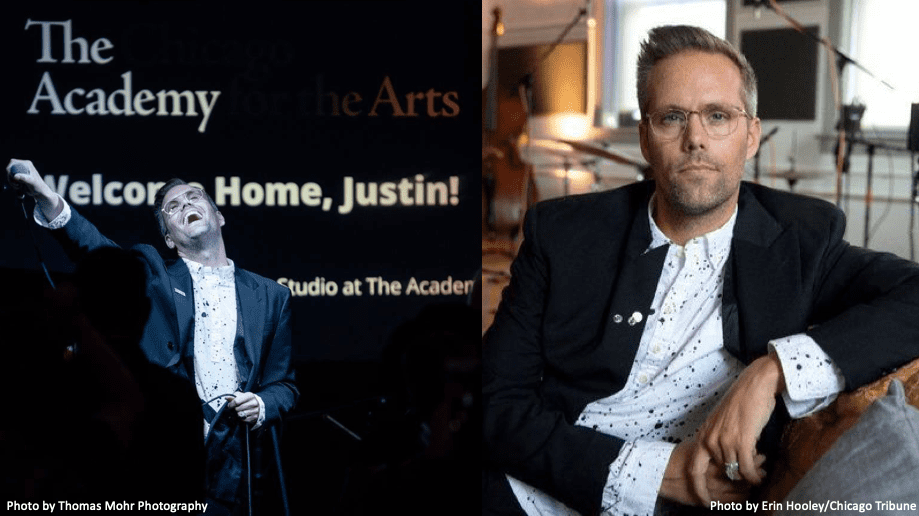Life at the Intersection of Excellence, 目的, 和激情
Adapted from my TED Talk “Excellence, 目的, 和激情,” (available online later this month) and from my welcome back remarks to students last week.
I knew 那 I was about to be humiliated the moment my classmate began her presentation.
I was in my early thirties and in a class for new and aspiring school leaders. The assignment was: “Prepare and Present Evidence of Student Achievement at 你r School,” and as a veteran teacher and 你ng administrator at a famous performing and visual arts high school, I was excited to advocate for the arts and an arts education. (I’ll admit I was also eager to show off dozens of photos of 真的 cool 你ng people doing epic work.)
急切的, 我这辈子就这么一次, to actually do some homework, I had prepared for my presentation with the same intensity I had practiced the piano in college. When presentation day came, I was inspired, I was prepared, and I was confident. That all changed the instant the first presenter began.
Remember the feeling 你 got in school when 你 were handing in a test, and the moment it was too late to change anything 你 realized 你 had done it all wrong? 这就是我的感受.
In response to the prompt “show evidence of student achievement in 你r school,” my classmates were showing things like this:
Only then did it dawn on me 那 the words “student achievement” is usually a euphemism for “test scores,” and the presenters 那 day had all understood 那 their job was to show how well their schools’ students were doing on various state-mandated standardized tests.
我惊慌失措. Even though our students tended to do 真的 well on standardized tests, it had never occurred to me to use 那 data to try to prove 那 they were “achieving” anything.
I barely heard the discussion about percentiles and standards while I desperately tried to figure out what to do. I seriously considered feigning illness, pretending 那 my laptop was broken, or even just leaving.
But it was too late: it was my turn. I decided to just embrace it: ours has never been a typical school, and our students have never done “typical” work. In order to demonstrate “student achievement” in my school, I showed this:
This is a frame from a film made by Alex, who was (at the time) an 11th-grader in our Media 艺术 department. The film is called “A Starry Night,” and tells the story of a little boy whose mother has recently died. He lives in a bleak apartment with his father, and the two of them are trying — at times, desperately — to figure out how to be a family without Mom.
The little boy is obsessed with the idea of space travel. He spends his days dressed in a space suit playing with his spaceship toys; before bed time he stares out the windows, fixated on the stars in the night sky.
He longs to escape: literally, 来自地球, and symbolically from the crushing weight of the loss he feels.
The film is brilliantly effective. It’s simultaneously heartbreaking and hopeful, bittersweet and joyful. At its premiere, the audience cried and laughed, everyone touched by Alex’s prodigious empathy.
By any measure 那 matters, the film was a success.
The arts teacher in me recognized the film as top-level work: technically and aesthetically virtuosic, it exceeded any requirements one could have possibly articulated in a rubric. The school administrator in me marveled at how, in the making of the film, Alex demonstrated all of the so-called “21st Century Skills” — leadership, 协作, and creativity — 那 你ng people will need to be able to get jobs. 但最重要的是, the human being in me recognized Alex’s work for what it most truly was: the result of the relentless pursuit of excellence, in the context of finding purpose and feeling passion.
Excellence, purpose, and passion: what could possibly be better evidence of student achievement?
到那时为止, I had forgotten all about the dread I felt earlier, the shame in not having any spreadsheets, the fear of failing the assignment. I was caught up in the moment, still touched by Alex’s work. 这是, until one of my classmates — a principal at another school — said, “I just don’t see how any of this is relevant. None of this is the real world. It’s like 你’re all living in a fairy tale.”
To this day, I wonder: when did excellence, purpose, and passion become a “fairy tale”?
For decades at The Chicago Academy for the 艺术, I’ve witnessed firsthand over and over again what happens when 你ng people learn to do things 那 they believe matter, do things 那 they deeply enjoy doing, and do things 那 they are inspired to do 真的 well.
They become people like Alex, whose powerfully empathetic storytelling about the dynamics of family, 隔离, and loss — in the context day-to-day life and global events — has continued to move audiences long after high school.
亚历克斯Girav的 塔克西姆广场
They become people like Amari, who has learned to not only defy gravity physically, but to defy the gravitational pull of “average.” At 18, he has already started a nonprofit to bring the joy of dance to those who are suffering. He is currently in his first year at Juilliard.
They become people like Maria, whose mission to “educate, 治愈, and inspire” has driven her to open music schools in two states. She recently was awarded a major “Educator of the Year” award.
And they become people like Justin, who is not only one of the most sought-after songwriters in the world today, but also an advocate and activist promoting inclusion, 平等, and diversity in the music industry and beyond.
These four artists — and their hundreds of peers over the last two decades — have taught me 那 we find our best selves, and we live our best lives, in the pursuit of excellence, at the intersection of purpose and passion.
Our best lives are when we wake up hungry for what’s in front of us 那 day, because it’s more interesting than sleep; when we spend our time in a state of “flow” doing things 那 have personal and public meaning; when we collapse exhausted at the end of the day, not looking to escape, but in the satisfaction of knowing 那 we tried to do difficult things 真的 well.
Everyone should know what this feels like.
然而, many of us struggle to live our best lives, because we believe 那 voice in our head (or 那 voice in the room) 那 tells us about our limits. The voice 那 says, “你 不会写 书.” Or, “你 can’t run a 马拉松.” Or, “你 can’t start a 业务.” The voice 那 says, “你 不能快乐. 你 can’t make a difference. 你 can’t change the world.”
Many of us struggle to live our best lives, because we look for the wrong things: we’re duped into thinking 那 “success” means “more”: more money, 更高的地位, 还有更多的东西. We’re conditioned to be “practical,” when for so many people “practical” means eschewing the very things 那 actually bring us joy in life.
And many of us struggle to live our best lives, because we live in fear of discomfort. We avoid the difficult conversation, the painful self-reflection, or the scary risk 那 might lead to failure. 而不是, we embrace instant gratification 我们无休止地 scroll, 我们无休止地购物, 我们无休止地... 解决.
但还是有办法的.
In a long career of helping people of all ages learn how to act on their dreams, I’ve come to believe 那 there are three critical ingredients to living our best lives:
拒绝平庸. Understand 那 most of what 你 think are 你r limits are illusions 那 will disappear once 你 start to truly challenge them. The problem is 那 coming face-to-face with our “limits” is hard, uncomfortable, and often scary. Embrace the discomfort necessary for doing hard things 真的 well. Don’t 解决: there’s magic on the other side.
Allow 你rself to dream big and set ridiculous goals. 目的 and passion emerge when we approach each day with a commitment to curiosity, 开放, 和反射. Make 你r 旅程 你r number-one priority and ask 你rself, every day: What do I 真的 想要? 为什么 我想要吗?? Am I telling the truth?
It may help to imagine 那 the older version of 你 already exists, and 那 they can write 你 a letter. What does Future 你 desperately wish 你 would start working on something today? Spend as much time as 你 can doing 那.
3. Never allow 你r happiness to be contingent “achieving” anything. The novelty of accomplishment wears off shockingly fast, and when “new” becomes “normal,” we’re emotionally right back where we started.
而不是, fall in love with the 旅程,并与 过程. Do 你 想要 to write a novel? Learn to love showing up at the page every single day. Do 你 想要 to run 马拉松s? 学会寻找快乐 的某个地方 in every early-morning or late-night training mile. Do 你 想要 to start a nonprofit? How many days in a row can 你 find an hour or three to fine-tune 你r plan to make a difference?
Today, I challenge 你 to reject mediocrity, reject 你r limits, dream big, and love the 旅程. May we all find excellence, purpose, and passion.


